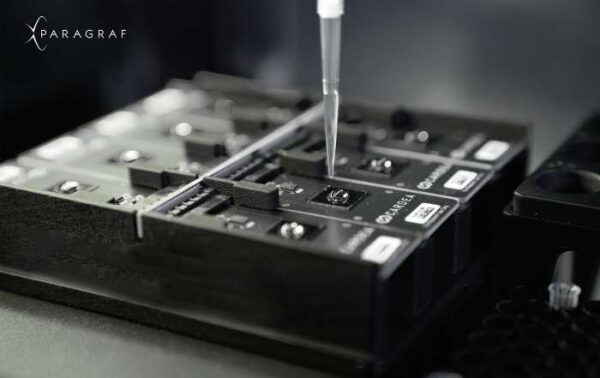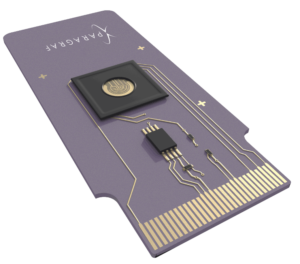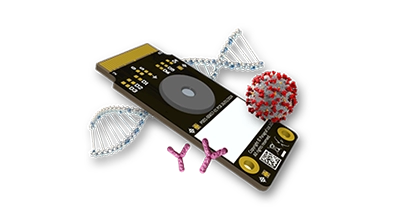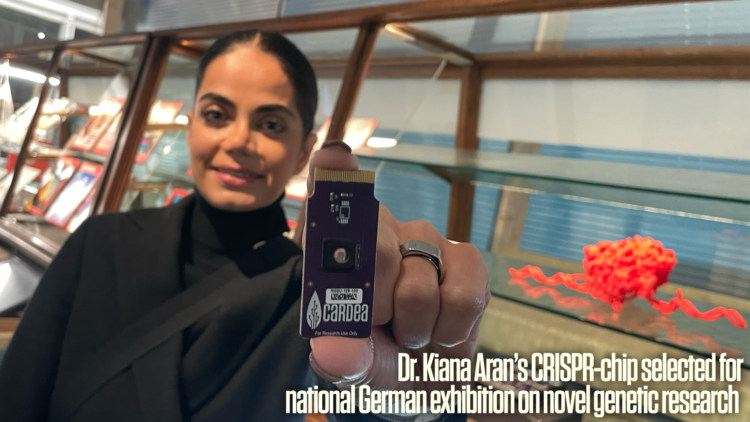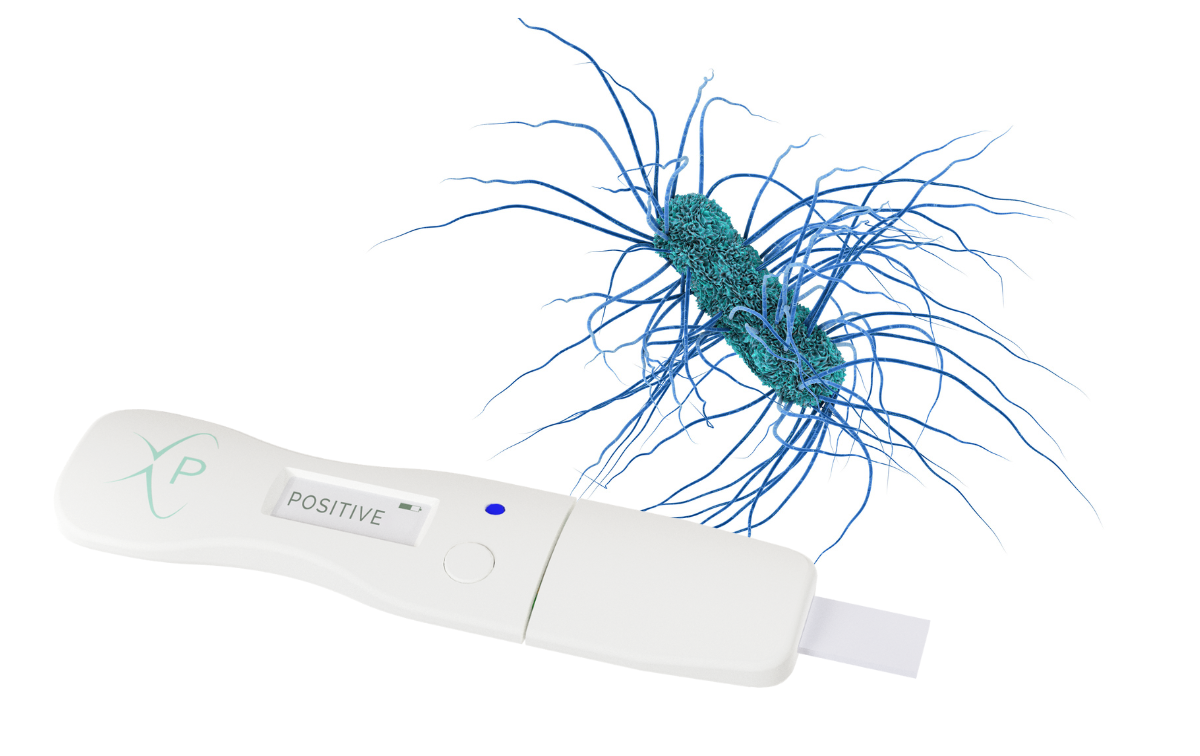Graphene biosensors offer a solution to meet the increasing precision demands in agriculture. They have the ability to enhance the quality of cultivated plants and animals as well as improve environmental conditions. The sensors are sensitive, sturdy, and capable of providing real-time data, making them suitable for both laboratory and field applications.
CRISPR-based biosensing can be utilized in agricultural research laboratories and field sites to enhance breeding programs for plants and animals. Additionally, it aids in monitoring the presence of genetically modified organisms (GMOs) throughout the supply chain.
Real-time, distributed protein or nucleic acid biosensing can be employed to swiftly detect infectious diseases in plants or animals on the field. This enables rapid intervention to prevent the spread of diseases.
Furthermore, multiomics biosensing, which involves simultaneous protein and nucleic acid detection, can be implemented in field sites to monitor water and soil health. This allows farmers to receive real-time information, enabling them to target their inputs precisely and reduce excessive use of water, fertilizers, and pesticides.
Making High-Resolution Real-Time Biosensing For All A Reality
Discover how Paragraf is breaking barriers to unleash the true potential of biosensors. From real-time, high-resolution measurements to affordable precision solutions, this game-changing technology promises to transform healthcare, agriculture, and environmental protection. Join us on the journey towards a healthier planet.
Products
Related news
Want to become our next partner?

